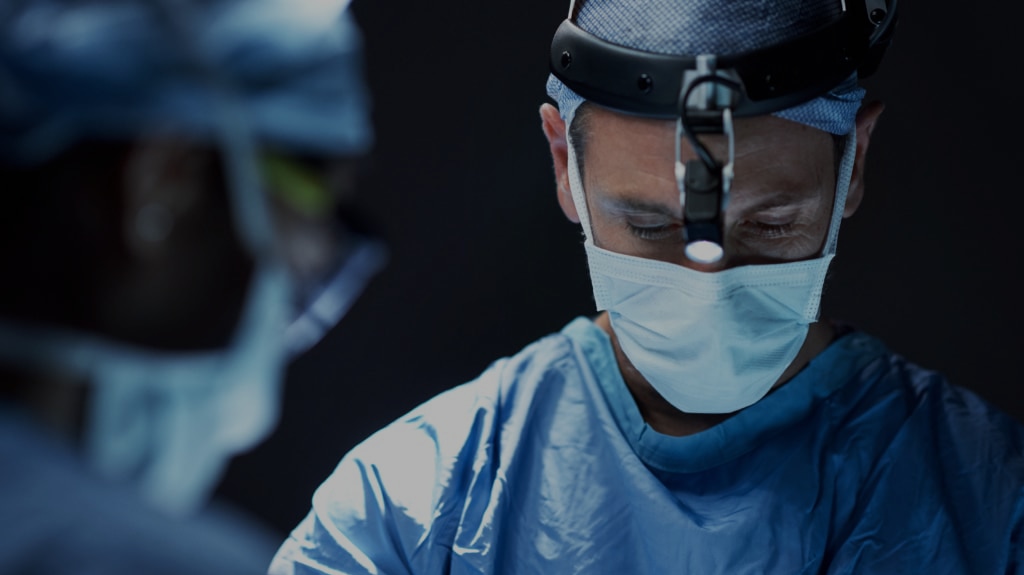Nitrous Oxide: Biological Mechanisms, Surgical Applications And Side Effects
Nitrous oxide, also known as dinitrogen monoxide, laughing gas or nitrous, is an inhaled anesthetic that produces insensibility to pain preceded by mild laughing.1 Because inhalation of small amounts of the…








